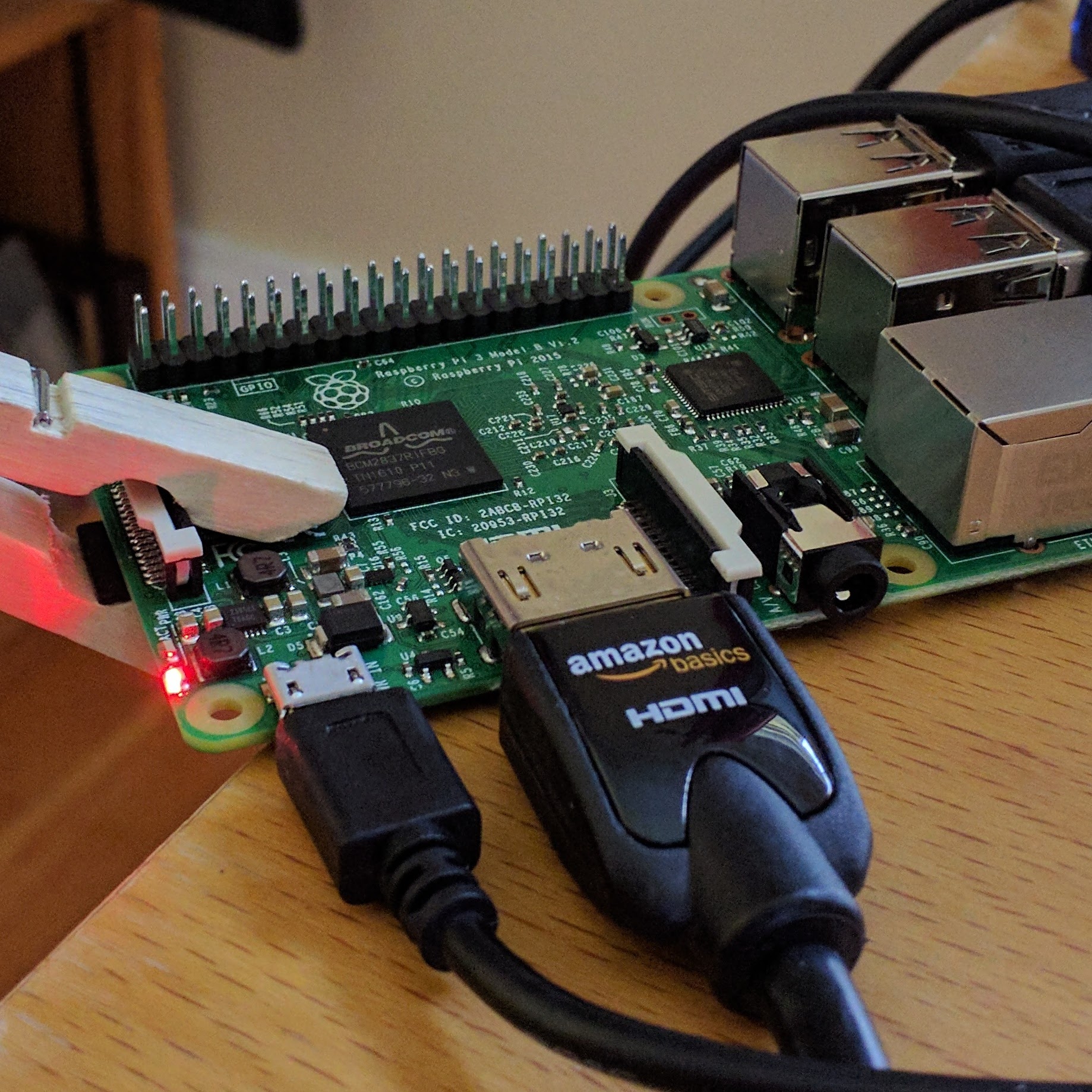From The Atlantic, not that blue-collar workers generally do more advanced math than their white-collar counterparts. I am not suggesting all of CTE is targeted at blue-collar jobs anymore; however, it is interesting that those students often think that math is less important to them.
Remember sitting through high school math class while the teacher droned on about polynomial equations and thinking there wasn’t a chance you’d ever use any of it in life? Well, if you’re like most Americans, chances are your 17-year-old self was absolutely correct.
As it turns out, less than a quarter of U.S. workers report using math any more complicated than basic fractions and percentages during the course of their jobs. The graphs below are based on survey data compiled by Northeastern University sociologist Michael Handel. Handel surveyed about 2,300 workers first from 2004 through 2006, then again between 2007 and 2009. The catchall category of "any more advanced" math includes algebra through calculus. And as you can see, most workers aren’t doing a whole lot of high-level computations.
You might be surprised by who’s doing the most advanced math day-to-day. It’s not white-collar workers. Rather, it’s high-skill blue-collar workers, shown in dark blue on the graph below. Before you glance over it, here’s a breakdown of jobs categories:
- Upper level white collar, e.g. management, technical, and professional occupations
- Low level white collar, e.g. clerical and sales workers
- Upper level blue collar, e.g. craft and repair workers like skilled construction trades and mechanics
- Lower level blue collar, e.g. factory workers and truck drivers
These numbers alone aren’t an open and shut case against teaching complex math to most high school students. But they do suggest that what we teach today has little relationship to the broad demands of the job market, and that we should at least be conscious of the possibility that we’re putting educational road blocks in front of students without a practical application for them.
At the same time, it’s clear that some of the best blue-collar jobs do in fact require a level of mathematical literacy on par with what you’d expect a student to know if they were college bound. To me, that hints at an argument for more high level vocational programs: It might help if students actually knew that those boring equations really one day would earn them a paycheck.



Leave a Reply
You must be logged in to post a comment.